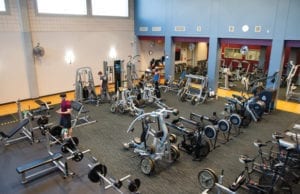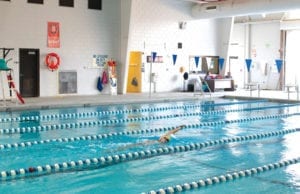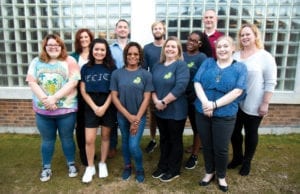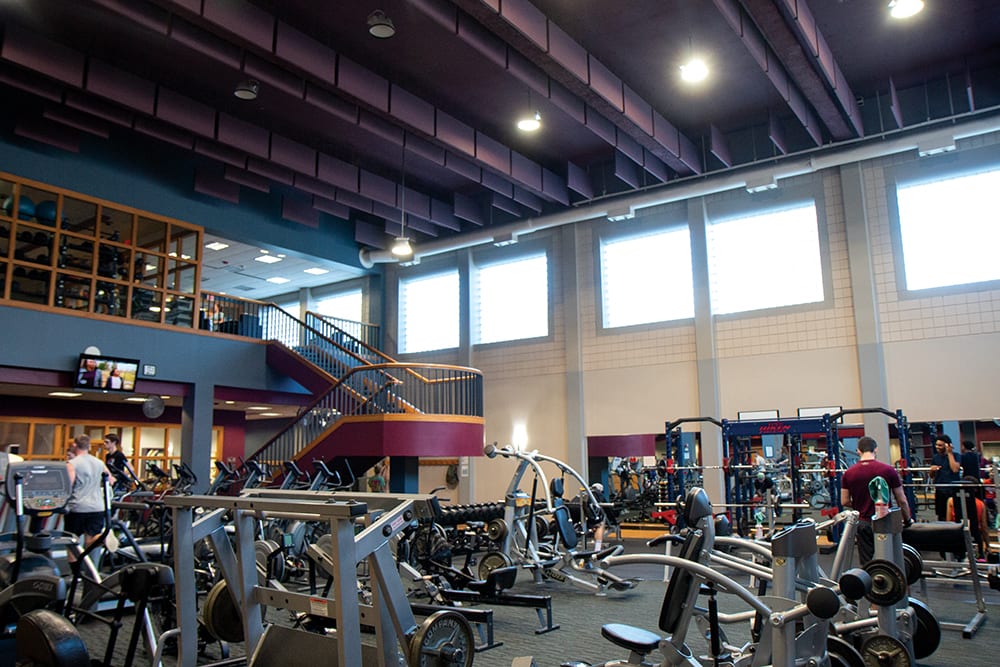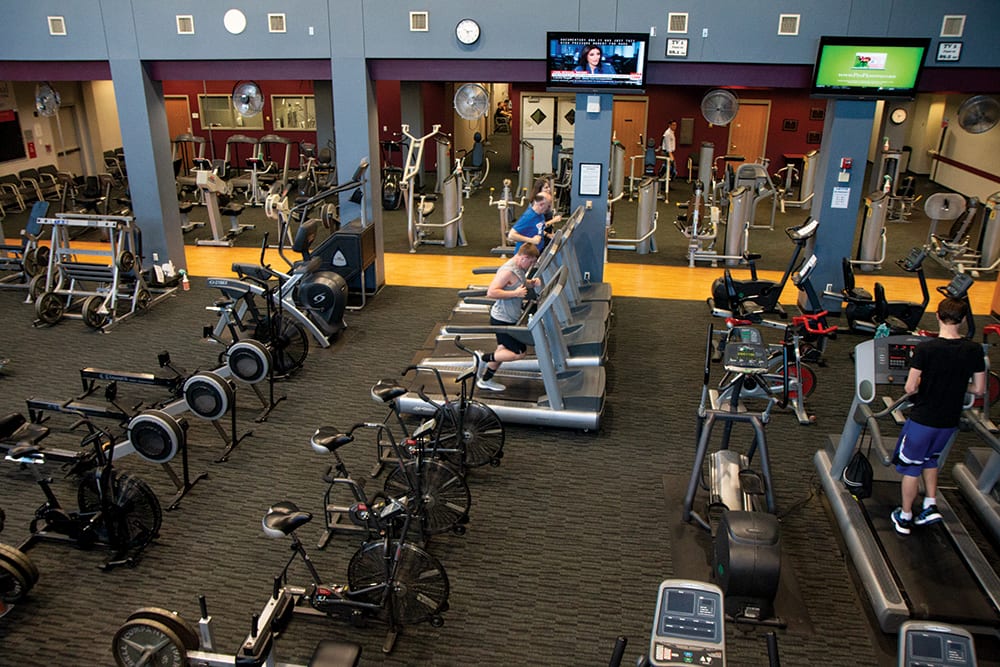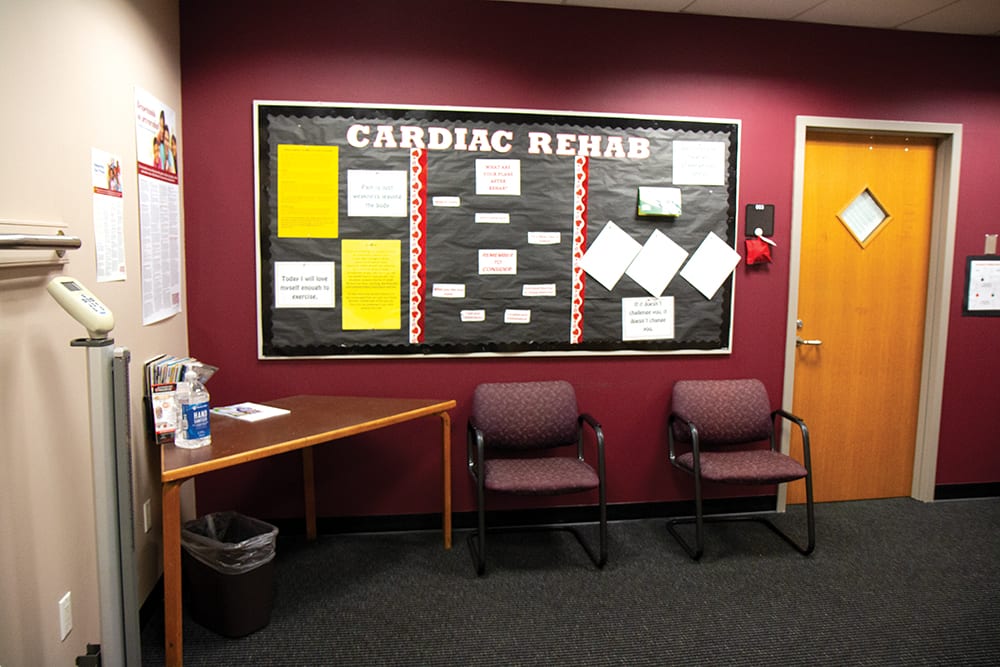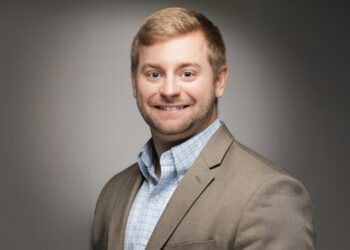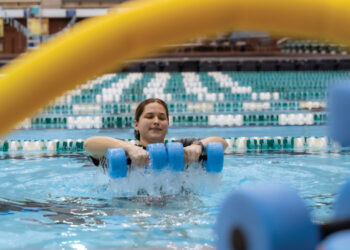Budgets and buildings must not be a barrier.
The above statement was made by Mila Padgett during a NIRSA 2016 talk show panel. It stemmed from a turning point she had in her career, realizing she was not alone in struggling with budget and resource limitations. “I learned you don’t need all that stuff,” she said. “Is it nice? Yes. Do I want it? Yes. But do I need it in order to make an impact? No.”
As the director of campus recreation and wellness at the University of South Carolina Aiken (USC Aiken), Padgett is one of a handful of full-time employees in the department. The team faces limits and restraints all the time; whether it’s a $5,000 annual intramural budget, or sharing shifts when a wellness center manager has emergency knee surgery, there is always something. But that’s why Padgett said it’s essential to figure out how to do more with less.
“It’s OK that we don’t do 50,000 things if we’re going to do these things really well this semester, and then next semester we’ll choose another focus,” she shared.
With such a drive and focal point, several programs have truly flourished at USC Aiken. This includes the Aiken Cardiac Rehab Program, a unique partnership between the campus rec and wellness department and the Aiken Regional Medical Center, located right across the street from the university.
Individuals who have had a heart event have an opportunity through this program to improve their physical capability. The facilities, staff and services are all provided and run by the campus rec and wellness department.
The program was started in the early 90s by a previous director. Holly Guy, the assistant director of campus recreation and wellness, currently oversees the program, including the four to six students who work in it every semester.
She explained the opportunities they have working in the program open the door, showing them what it’s like to work with different populations and individuals. And that helps upon graduation. “When they graduate, their experience here gives them that edge above everybody else also graduating,” she said.
But, USC Aiken hasn’t stopped at simply offering cardiac rehab. Padgett said she realized those patients needed something after their rehab ended, otherwise they’d just go home and sit on the couch. That’s how the 60 Plus Seniors Program started. Also a revenue source, it offers another area for students to gain skills and work with different populations. From Zumba to yoga to strength training and balance classes, the program has a lot of options.
“It’s a way to keep seniors involved in a healthy and active lifestyle after they’ve retired, or had a cardiac event or something like that,” said Woodrow Price, the coordinator of fitness programs and services.
He said variety is key in the program, helping seniors overcome issues they may
experience in the future. Currently, there are about 120 members in the 60 Plus Seniors Program.
Healthy 4 Life Peer Education is another program that is flourishing on the campus; however, it hasn’t been around quite as long. Padgett arrived at the university in 2010 and saw several shifts in campus recreation and wellness’ structure. Then in 2015, USC was awarded a grant for a tobacco free campus campaign. But the chancellor at the time wanted it to be part of a bigger picture.
“The focus began to shift to a holistic view of campus and how each entity across campus plays a role in the health and well-being of a person,” said Padgett. “In 2016, Healthy 4 Life Peer Education became a joint effort between the counseling center and campus recreation and wellness. Its goal was to provide a wide range of programs and events that encourage proactive and preventative health and well-being education.”
The program is focused on peer-to-peer teaching of a wide range of health and well-being topics. Four categories – healthy mind, body, environment and habits – help narrow down those subject matters.
Activities and topics in the program include, but aren’t limited to: a book club focused on The Mindful-Twenty Something; in the spring semester of 2019, exercise and sports faculty will teach a series on a healthy body, talking about everything from good health to juuling; healthy cooking workshops are offered; and a new program for the spring semester called the Peer Body Project will be a four-part series run by students geared toward women and a healthy body image. All in all, the department wants to make an impact on its students.
“Any workshop you go to, any webinar you listen to, the language is all about how our students are struggling. So when they come to campus, as a person you are not one thing. Everything impacts another, so if you’re having financial difficulty, it’s going to impact your mental well-being, and then it’s going to impact your performance,” said Padgett. “Finally, people are realizing you cannot work in a silo when it comes to humans. We are complex creatures and everything is a domino effect.”
This student-oriented mindset is what Guy hoped for when USC Aiken was searching for the next rec director, finding Padgett in the process. “I remember thinking we really need somebody who is a little more student oriented, because we had this wonderful facility and even though we served students then, we didn’t have a ton of programs just for students,” said Guy. “Mila has really been able to take some of that to the next level, with everything from fitness classes to education on campus in the residence hall to special programs and opportunities for students here.”
While Padgett has been able to reach that next level, she hasn’t done it alone. In fact, Padgett said it takes a village to keep students, staff and faculty well. The recreation and wellness staff wear a lot of hats to be able to meet the needs of their campus. Valuing individuals and playing to their strengths has been key in keeping the team running smoothly.
Because in the end, while it’s about the greater good of those you’re serving, it starts with the team. They are the ones in the helm of the campus recreation and wellness ship, charting the path forward toward the destination of positive change.
“We have an excellent team that is dedicated to positively impacting those who are part of our programs,” said Padgett. “That, in my opinion, is exactly what is needed to be a change agent and sets the course for making a difference in people’s lives.”



